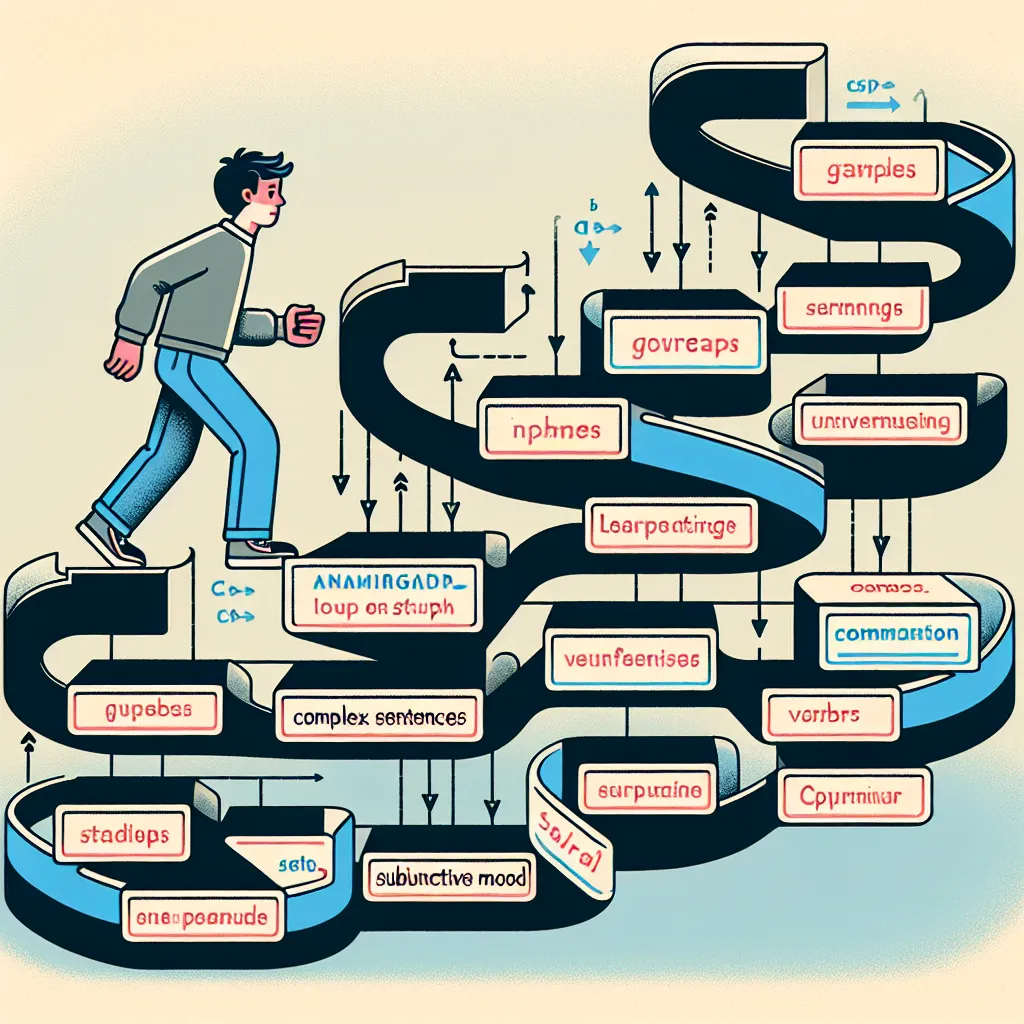Are you looking to improve your English grammar skills quickly and effectively? Whether you’re a beginner or an advanced learner, mastering English grammar is essential for clear communication and success in academic and professional settings. In this comprehensive guide, we’ll explore expert tips and strategies to help you learn English grammar faster and more efficiently.
Understanding the Importance of English Grammar
English grammar forms the foundation of effective communication in the language. It’s not just about following rules; it’s about conveying your thoughts clearly and precisely. For language learners, a solid grasp of grammar can be the difference between basic communication and fluent expression.
Why Grammar Matters in Language Learning
Grammar is the structure that holds language together. It allows us to:
- Express complex ideas accurately
- Avoid misunderstandings in communication
- Improve writing and speaking skills
- Boost confidence in using the language
 Importance of English Grammar
Importance of English Grammar
Effective Strategies for Learning English Grammar
Now that we understand why grammar is crucial, let’s dive into some proven strategies to accelerate your grammar learning process.
1. Start with the Basics
Before diving into complex structures, ensure you have a solid foundation in basic grammar concepts.
- Focus on parts of speech (nouns, verbs, adjectives, etc.)
- Learn basic sentence structures
- Understand tenses in their simple forms
For example, start with simple present tense sentences like “I eat breakfast every day” before moving on to more complex tenses.
2. Use Quality Learning Resources
Choosing the right materials can significantly impact your learning speed and effectiveness.
- Invest in a comprehensive grammar book like “English Grammar in Use” by Raymond Murphy
- Utilize online resources such as grammar exercises and quizzes
- Watch grammar explanation videos on platforms like YouTube
3. Practice Regularly
Consistent practice is key to internalizing grammar rules.
- Set aside time each day for grammar exercises
- Use grammar in context by writing short essays or journal entries
- Participate in language exchange programs to practice with native speakers
4. Learn Grammar in Context
Instead of memorizing rules in isolation, learn how grammar is used in real-life situations.
- Read English books, newspapers, and magazines
- Listen to English podcasts and watch movies with subtitles
- Pay attention to how native speakers use grammar in conversations
For instance, while reading a news article, note how past tenses are used to report events.
5. Focus on One Concept at a Time
Trying to learn too many grammar points simultaneously can be overwhelming and counterproductive.
- Choose one grammar concept to focus on each week
- Practice using that concept in various contexts
- Review and reinforce before moving on to the next topic
For example, spend a week mastering the present perfect tense before tackling the past perfect.
 Grammar Learning Strategy
Grammar Learning Strategy
6. Use Mnemonic Devices
Memory tricks can help you remember grammar rules more easily.
- Create acronyms for complex rules
- Use rhymes or songs to memorize irregular verbs
- Develop visual aids to represent grammar concepts
For example, remember the order of adjectives with the acronym “OSASCOMP” (Opinion, Size, Age, Shape, Color, Origin, Material, Purpose).
7. Analyze Your Mistakes
Mistakes are an essential part of the learning process. Use them as opportunities to improve.
- Keep a grammar journal to track your errors
- Analyze why you made each mistake
- Practice the correct usage to reinforce learning
For instance, if you consistently misuse articles, focus on exercises specifically targeting article usage.
8. Immerse Yourself in English
Surround yourself with English to naturally absorb grammar structures.
- Change your phone and social media language settings to English
- Join English-speaking clubs or discussion groups
- Consume English media daily (news, TV shows, podcasts)
9. Teach Others
Explaining grammar concepts to others can solidify your own understanding.
- Offer to help classmates or friends with their grammar questions
- Start a study group where you take turns teaching different topics
- Create grammar explanation videos or blog posts
Common Pitfalls to Avoid
While learning English grammar, be aware of these common mistakes:
- Overreliance on translation: Think in English rather than translating from your native language
- Ignoring exceptions to rules: English has many irregularities; learn them alongside the rules
- Neglecting spoken grammar: Practice speaking to learn the differences between formal and informal grammar usage
- Focusing too much on rules without application: Always apply what you learn in real contexts
Next Steps in Your Grammar Journey
Now that you have a solid strategy for learning English grammar, here are some steps to take your skills to the next level:
- Take a placement test to identify your current grammar level
- Set specific, measurable goals for grammar improvement
- Find a language partner to practice with regularly
- Consider enrolling in an advanced grammar course or workshop
- Challenge yourself with complex texts and try to analyze their grammatical structures
Remember, mastering English grammar is a journey, not a destination. Be patient with yourself and celebrate your progress along the way.
In conclusion, learning English grammar effectively requires a combination of structured study, consistent practice, and real-world application. By following these expert tips and strategies, you can accelerate your learning process and achieve fluency more quickly. Stay motivated, embrace your mistakes as learning opportunities, and enjoy the process of becoming a proficient English speaker.
We’d love to hear about your experiences with learning English grammar. What strategies have worked best for you? Share your thoughts and questions in the comments below, and don’t forget to check out our other articles on language learning for more valuable insights!




